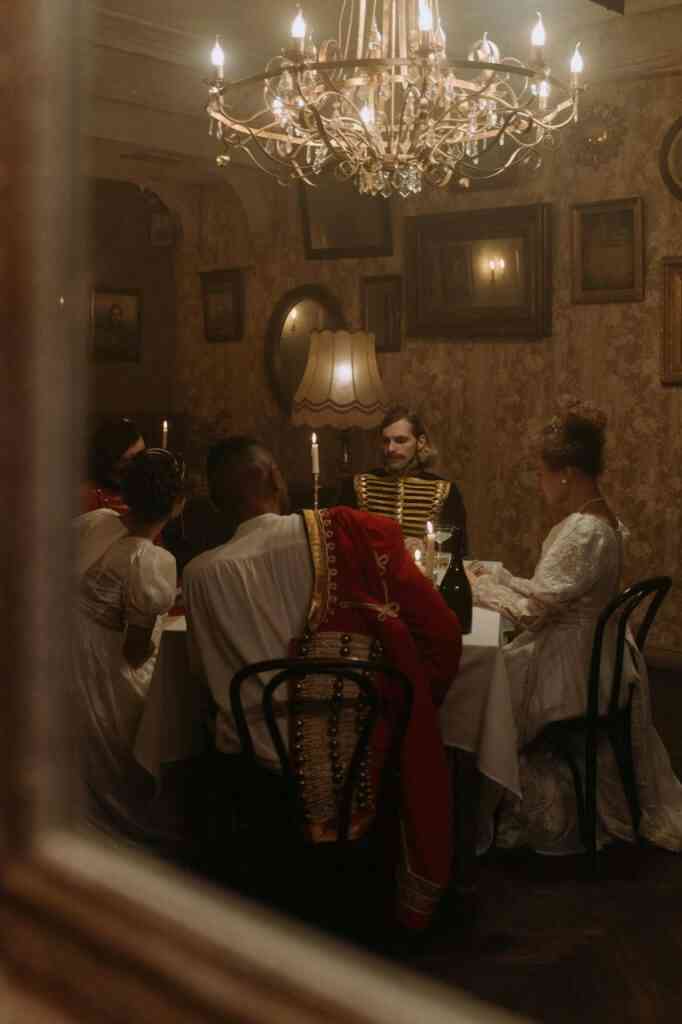“Masters of the Air”: A Lackluster Tale of Courage, Stymied by Unrealistic Effects and Shallow Characterization
A Promising Premise, a Disappointing Execution
In 2024, the highly anticipated miniseries “Masters of the Air” graced our screens, promising an immersive journey into the daring feats of the Eighth Air Force during World War II. Yet, the series fell short of expectations, marred by a glaring disconnect between audience and show, particularly in the realm of visual effects and character development.
Visual Effects: A Disconnect Between Reality and Representation
The experiential gap between audience and show was most evident in the visual effects, which, despite their technical proficiency, failed to capture the stark authenticity and visceral impact of real aerial combat. While the use of digital recreations and physical props was a necessary compromise given the scarcity of airworthy B-17 bombers and P-51 Mustangs, the result was a glossy, sanitized depiction of aerial warfare that lacked the tactile immersiveness and emotional resonance of reality.
The dogfights and bombing runs, conducted in pristine, impossibly shiny skies, resembled carefully orchestrated maneuvers rather than the chaotic, high-stakes reality of combat. The planes themselves, rendered with a plastic-like sheen, lacked the heft and tangible presence of their real-life counterparts. This disconnect between the visual representation and the historical reality significantly diminished the intended tension and emotional impact of the aerial sequences.
Character Development: Archetypes, Not People
Compounding the visual shortcomings was the series’ inability to breathe life into its primary characters. Buck, the quintessential stand-up, undaunted guy, remained a shallow archetype, devoid of any meaningful inner life or personal struggles. Despite Butler’s proven ability to embody complex characters, he was reduced to shouldering the burden of an era’s patriotism through longing looks and generic expressions of courage.
Turner and Boyle fared no better, their characters remaining broad biographical re-imaginings rather than fully realized individuals. Despite ample screen time, these characters never transcended their archetypal roles, failing to connect with the audience on a deeper level.
Missed Opportunities for Historical and Cultural Insight
Beyond its visual and character flaws, “Masters of the Air” squandered its potential to delve into the historical and cultural significance of the Eighth Air Force’s role in World War II. The series’ setting in an English country village offered a rich backdrop for exploring the interactions between the airmen and the local community. However, these opportunities were largely overlooked, with the local characters reduced to thinly sketched caricatures.
The depiction of women in the series was particularly lacking, with none of the female characters receiving the same level of development and nuance as their male counterparts. This missed opportunity to explore the diverse experiences of women during wartime further diminished the series’ emotional depth and historical authenticity.
Dialogue: Rote and Uninspired
Adding to the series’ shortcomings was its rote and uninspired dialogue, which often felt like a rehash of war jargon from countless other war films. This lack of originality and depth further contributed to the sense of detachment between the audience and the characters, preventing any genuine emotional connection or investment.
Conclusion: A Disappointing Tale of Missed Opportunities
“Masters of the Air” ultimately failed to live up to its promise, delivering a visually underwhelming and emotionally shallow portrayal of the Eighth Air Force’s heroic efforts during World War II. The series’ reliance on glossy visual effects and archetypal characters undermined its attempts at realism and emotional resonance. Additionally, its missed opportunities for historical insight and cultural exploration further weakened its impact.
Despite its impressive production values and talented cast, “Masters of the Air” remains a disappointing tale of missed opportunities, failing to soar to the heights of its historical subject matter.
